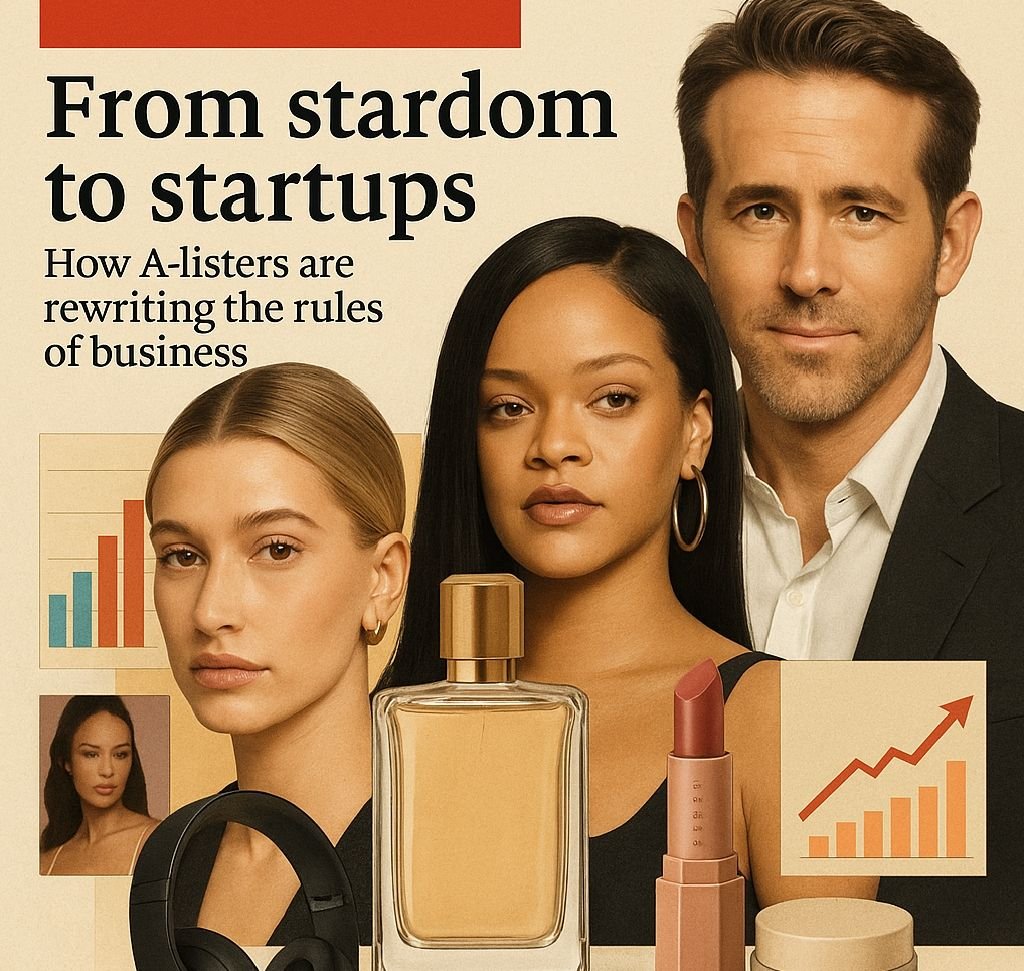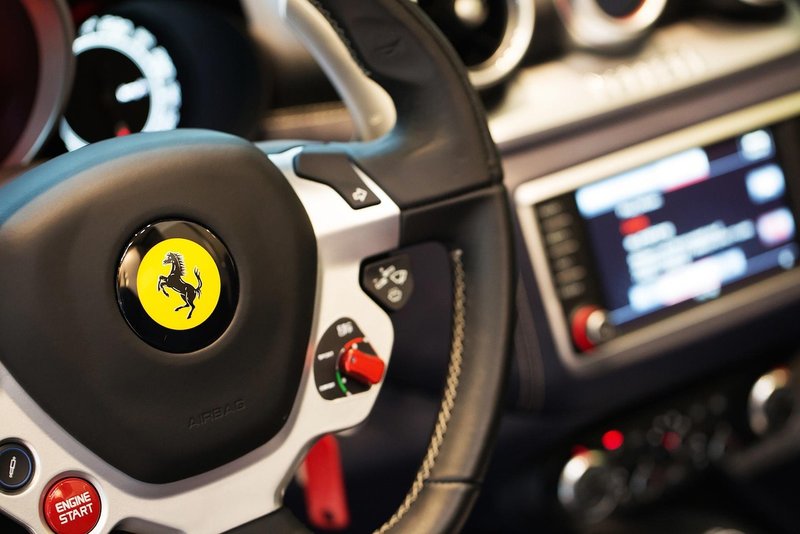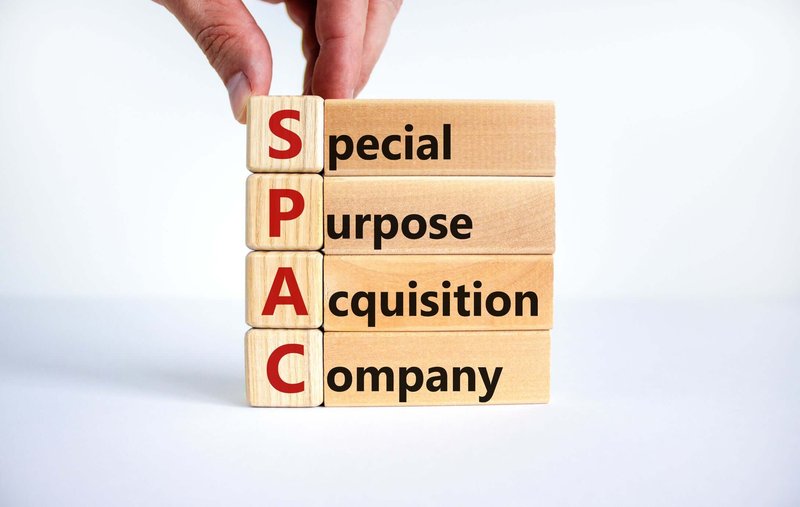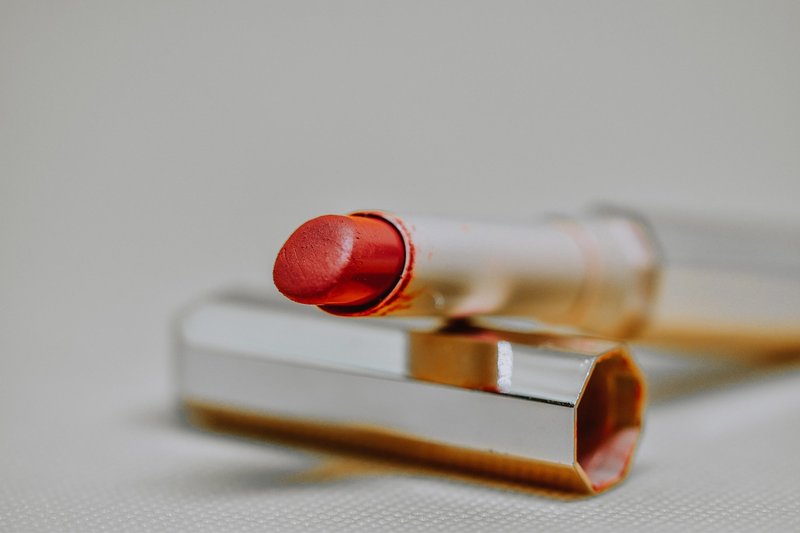From Stardom to Startups: How A-Listers Are Rewriting the Rules of Business
0 comments

Gone are the days when the most a celebrity could hope for was a flashy endorsement deal. Today’s A-listers aren’t just faces on a billboard they're founders, CEOs, and brand visionaries reshaping the consumer landscape.
Take Hailey Bieber, for example. Known to millions for her modeling career and her marriage to pop icon Justin Bieber, she stepped out of the shadows and into the boardroom with Rhode, her skincare brand. In a move that stunned skeptics and thrilled investors, Rhode was recently acquired in a deal reportedly worth up to $1 billion. It’s not just make-up it is a momentum.
The brand has quickly become a staple in the routines of Gen Z and millennial consumers who are loyal not just to Hailey’s name, but to the quality and vibe of the product itself.
Kim Kardashian, long considered the blueprint of the modern celebrity entrepreneur, has also turned cultural influence into commercial dominance. Her shapewear brand Skims, which pulls in a staggering $1 billion in annual sales, is now preparing for a stock market debut. This isn't just another influencer line, it is a company that has carved out a category of its own in fashion and body positivity. She’s not riding the wave; she is the wave.
Then there’s Rihanna, whose transition from global pop star to beauty mogul might be one of the greatest pivots in modern business history. Fenty Beauty didn’t just succeed because of Rihanna’s fame, it succeeded because it solved a real problem which is the lack of inclusive shades in makeup. By offering 40+ foundation tones from launch, Fenty made diversity its brand, not just its marketing message. A message that pushed Rihanna into billionaire territory.
Not to be left out, Ryan Reynolds has emerged as the charming, savvy poster child for celebrity business hustle. Known for his blockbuster films, Reynolds has quietly (and cleverly) built an empire that spans from telecom (Mint Mobile, sold to T-Mobile for $1.35 billion) to gin (Aviation Gin, acquired by Diageo) and even cybersecurity (investing in 1Password). He’s mastered the art of turning his relatability into return on investment.
This wave of celebrity entrepreneurship is about more than just products with famous names slapped on them. It marks a shift in how influence is wielded. Celebrities today are more than spokespeople they're stakeholders. And in many cases, they’re leading innovation.
Celebrities have been endorsing products for decades. Michael Jordan famously turned a partnership with Nike into one of the most successful sports brands in history, earning over $1.5 billion. George Clooney became synonymous with Nespresso, reportedly pocketing more than $40 million in the process. Even Hulk Hogan, the wrestling icon, once tried to conquer the frozen food aisle with the “Hulkster” cheeseburger.
Yet the difference today lies in ownership and control. This is not just licensing fame it’s about building legacy.
U.S. President Donald Trump also announced his own luxury fragrance line, “Victory 45-47,” with bottles retailing at $249. Last year, he launched another perfume called “Fight Fight Fight,” priced at $199. Whether you find it clever or not, it's a sign of just how wide the gates have swung open in the celebrity business arena.
It signals a deeper merging of entertainment and enterprise, where celebrity status is not an end but a means, a platform for creating real economic impact. It means that fame, when paired with vision and hustle, can birth brands that matter.



Comments